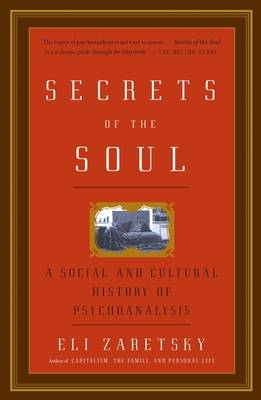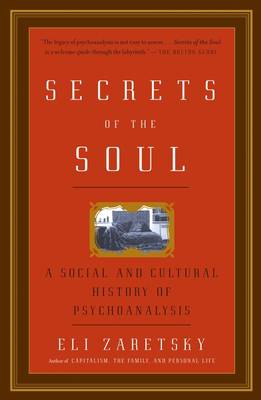
- Retrait gratuit dans votre magasin Club
- 7.000.000 titres dans notre catalogue
- Payer en toute sécurité
- Toujours un magasin près de chez vous
- Retrait gratuit dans votre magasin Club
- 7.000.000 titres dans notre catalogue
- Payer en toute sécurité
- Toujours un magasin près de chez vous
Secrets of the Soul
A Social and Cultural History of Psychoanalysis
Eli Zaretsky
Livre broché | Anglais
26,45 €
+ 52 points
Description
The fledgling science of psychoanalysis permanently altered the nineteenth-century worldview with its remarkable new insights into human behavior and motivation. It quickly became a benchmark for modernity in the twentieth century--though its durability in the twenty-first may now be in doubt. More than a hundred years after the publication of Freud's The Interpretation of Dreams, we're no longer in thrall, says cultural historian Eli Zaretsky, to the "romance" of psychotherapy and the authority of the analyst. Only now do we have enough perspective to assess the successes and shortcomings of psychoanalysis, from its late-Victorian Era beginnings to today's age of psychopharmacology. In Secrets of the Soul, Zaretsky charts the divergent schools in the psychoanalytic community and how they evolved-sometimes under pressure-from sexism to feminism, from homophobia to acceptance of diversity, from social control to personal emancipation. From Freud to Zoloft, Zaretsky tells the story of what may be the most intimate science of all.
Spécifications
Parties prenantes
- Auteur(s) :
- Editeur:
Contenu
- Nombre de pages :
- 448
- Langue:
- Anglais
Caractéristiques
- EAN:
- 9781400079230
- Date de parution :
- 09-08-05
- Format:
- Livre broché
- Format numérique:
- Trade paperback (VS)
- Dimensions :
- 130 mm x 201 mm
- Poids :
- 453 g







